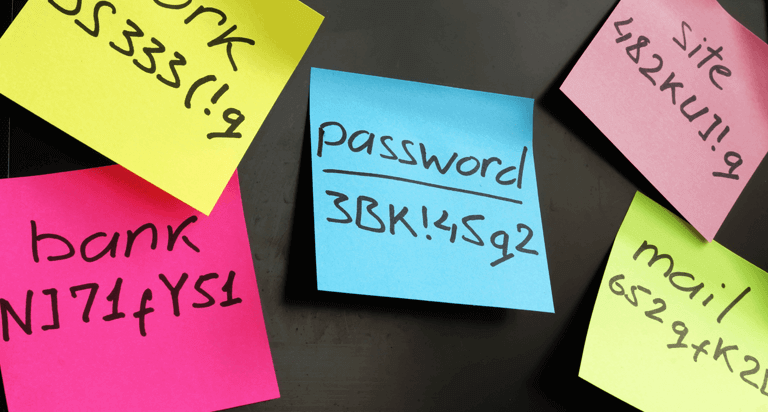
Here's What To Do After a Data Breach
Have you been the victim of a data breach? Equifax® is here to help you protect your personal and financial data.
When it comes to protecting your identity, there are many practices you can use to help better protect against becoming a victim of identity theft and stop scammers in their tracks. You can also help better protect your identity with Equifax Complete™ Premier, an identity theft protection solution from Equifax®.

Have you been the victim of a data breach? Equifax® is here to help you protect your personal and financial data.

Cyber security is becoming more important in everyone’s personal and daily life. How can you better protect your personal information against new threats?

When someone or something pretends to be something else in an attempt to gain access to your personal information, it’s called spoofing. Here are some of the different types and how to recognize spoofing.

If you work remotely from home or elsewhere, it’s important that you learn to better protect yourself against cyberattacks and digital fraud.

More people are using Venmo®, PayPal® and other payment software when sending money peer to peer. But scams are everywhere, no matter what platform you use. Learn how to avoid payment app scams with guidance from Equifax.

Passwords are one of the most common ways hackers break into computers and steal personal data. Here are some suggestions for how to create strong passwords -- and storing all your passwords securely.

You can take steps that may help reduce your chances of becoming an identity theft victim. Here is a checklist to conduct your own cybersecurity checkup.

There's no denying that online shopping can be convenient. Here are some suggestions to help avoid ID theft and scams while browsing.

You can begin educating kids about basic Internet safety even at an early age. Here's a guide to what to talk about with kids as they grow older.